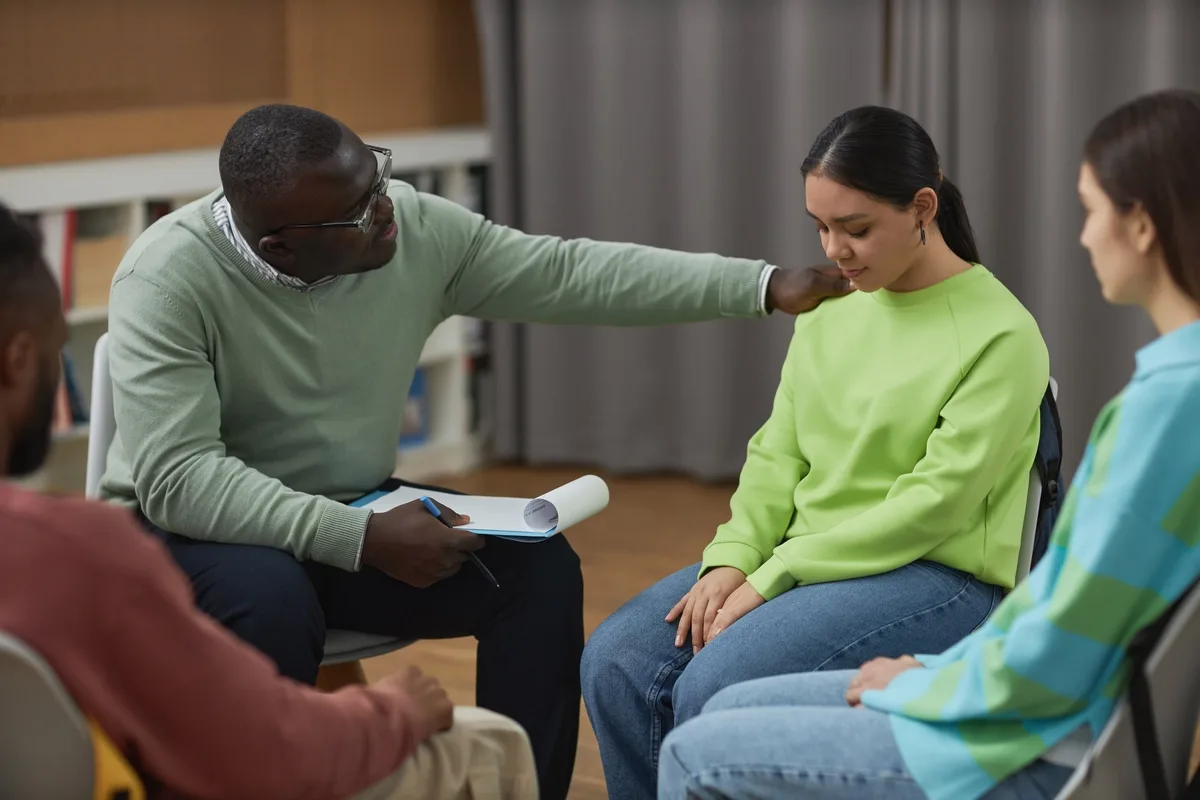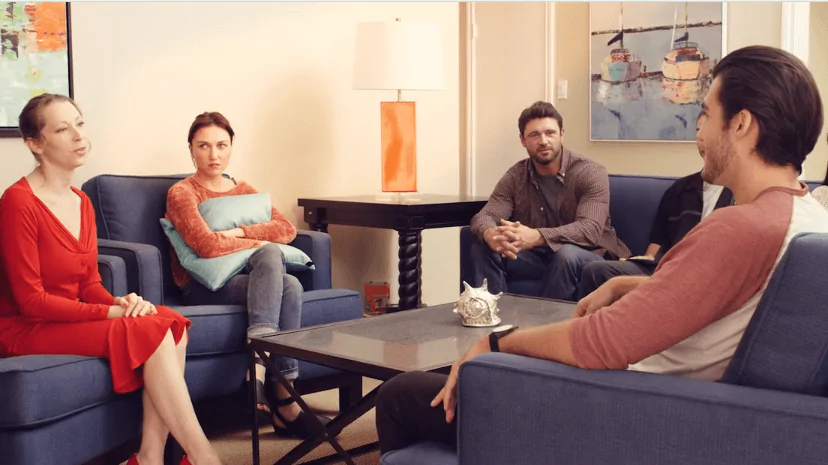24/7 Helpline:
(866) 899-221924/7 Helpline:
(866) 899-2219
Learn more about Bipolar Disorder Treatment centers in Granada Hills
Bipolar Disorder Treatment in Other Cities

Other Insurance Options

American Behavioral

Ambetter

UnitedHealth Group

Optum

BHS | Behavioral Health Systems

Choice Care Network

Medical Mutual of Ohio

Carleon

BlueShield

Holman Group

Kaiser Permanente

Group Health Incorporated

Private insurance

Covered California

Cigna

Sutter

Highmark

Molina Healthcare

UMR

Health Choice

Believe Detox Center
Believe Detox Center is a private rehab located in Granada Hills, California. Believe Detox Center s...















